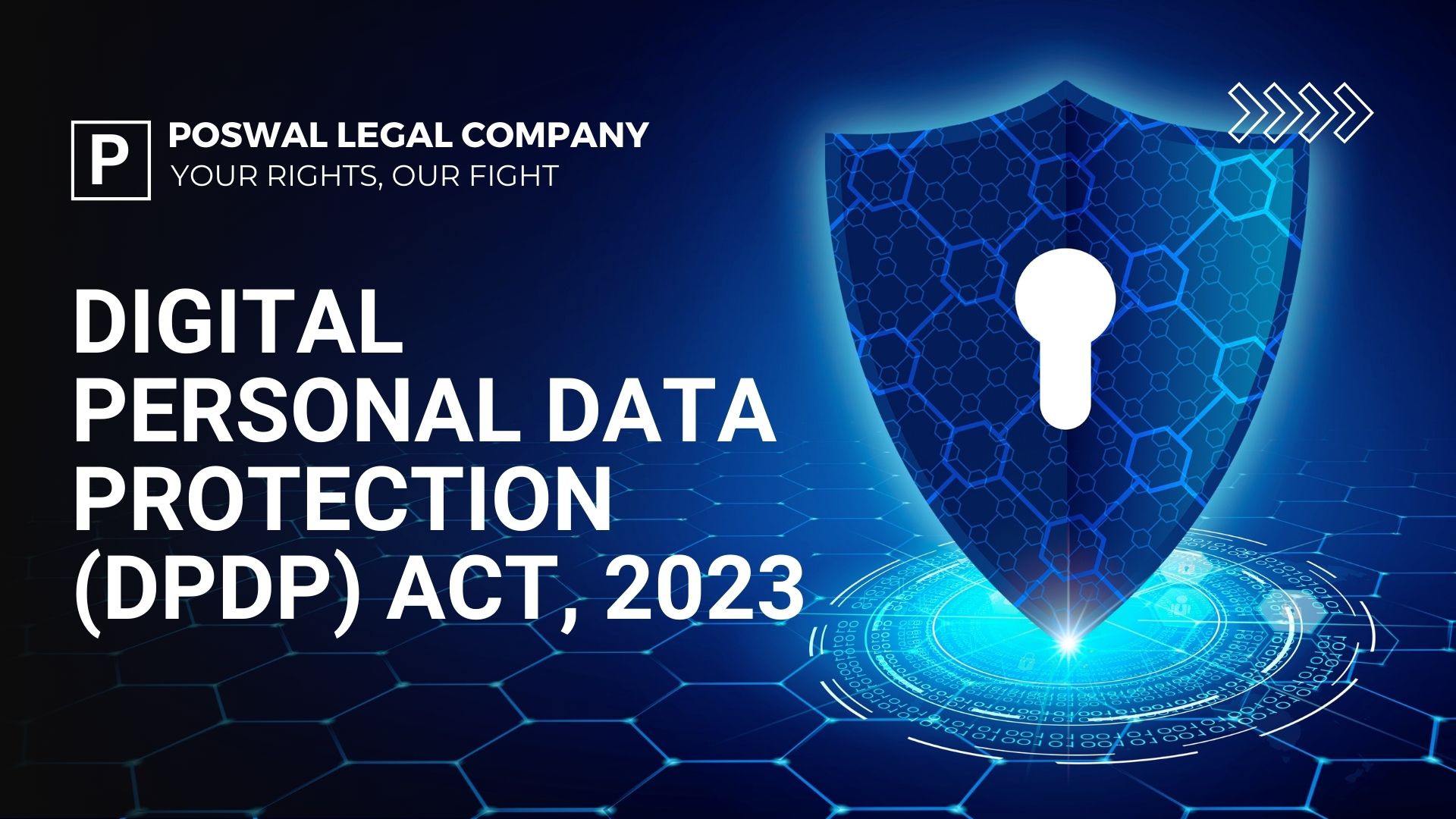Imagine you’ve built a fantastic app that collects users’ names, emails, and preferences to recommend local events. Suddenly, regulators knock on your door asking for your data-handling processes. Panic, right?
The DPDP Act aims to prevent this scenario by setting clear rules and giving individuals control over their data. Let’s dive into the essentials, so you’re prepared, not panicked.
What Is the DPDP Act, Anyway?
The DPDP Act, passed by Parliament in August 2023, is India’s first comprehensive data-protection law. Think of it as GDPR for India, tailored to local needs. Its goals:
- Empower Individuals (Data Principals): Gives people rights over their personal data, access, correction, and deletion.
- Define Clear Obligations for Businesses (Data Fiduciaries): That’s you, startups collecting, processing, or storing personal data.
- Set Up a Regulator: A Data Protection Board to enforce rules and impose penalties.
Key Terms You’ll Hear Everywhere
Before we go further, let’s get on the same page with the lingo:
- Personal Data: Any information that can identify someone, name, email, phone number, or even device IDs.
- Processing: Collecting, storing, analysing, and transferring. anything you do with data.
- Consent: A clear, affirmative “yes” from the user. No more buried checkboxes.
- Data Protection Impact Assessment (DPIA): A fancy audit to spot and fix privacy risks before a project launches.
Four Founder Must-Knows
1. Collect Only What You Need
Real-Life Tip: A Bengaluru food-tech startup once tacked on “interests” to personalise offers, but never used that data. Under DPDP, unnecessary collection isn’t just wasteful; it’s non-compliant.
Action Point: Review your signup forms and APIs. Ask yourself, “Do we need this field?” If the answer is no, drop it.
2. Get Clear, Granular Consent
GDPR-style “I accept all cookies” banners won’t cut it. You need:
- Separate Consent for Separate Uses: One checkbox for marketing emails, another for analytics, another for third-party sharing.
- Easy Withdrawal: Users must be able to revoke consent as simply as they gave it.
Action Point: Audit your user journeys. Wherever you collect data, add clear consent flows, no pre-ticked boxes!
3. Build Privacy By Design
Don’t bolt on privacy as an afterthought. Embed it:
- Encrypt Sensitive Fields: Emails, phone numbers, payment details, at rest and in transit.
- Limit Who Sees What: Use role-based access so only essential employees can view raw data.
- Automate Data Deletion: If a user asks to delete data, your system should do it promptly, no manual ticket.
Action Point: Schedule a “Privacy By Design” day with your dev team. Map out where data flows and plug potential leaks.
4. Prepare for Data-Principal Requests
Under DPDP, users can ask to:
- Access Their Data (What do you have on me?)
- Correct Errors (I changed my phone number)
- Erase My Data (Delete everything you know about me)
Action Point: Build an easy self-service portal or admin dashboard to track and address these requests within 30 days.
What Happens If You Don’t Comply?
Penalties under the DPDP Act can be hefty:
- Up to ₹250 crore for serious violations (like unauthorised processing or refusing deletion).
- Smaller breaches: ₹5 crore or 2% of global turnover, whichever is higher.
Beyond fines, non-compliance damages your reputation; users will think twice before signing up.
Common Mistakes to Avoid
- Ignoring Data Minimisation: Collecting excess data (e.g., demanding PAN for free trials) risks penalties.
- Overlooking Children’s Data: Parental consent is mandatory for under-18s (DPDP Section 9).
- Poor Vendor Vetting: 43% of startups lack DPAs with cloud providers (DSCI).
Practical Next Steps for Founders
- Appoint a Privacy Lead: Even if it’s a part-time role, someone must own data-protection tasks.
- Conduct a DPIA: Especially if you’re dealing with sensitive personal data (health info, financial details).
- Draft a Privacy Policy: Use simple language and clear structure, and publish it on your website and app.
- Train Your Team: Run a short workshop so everyone understands why data privacy matters.
- Monitor & Update: Laws evolve, keep an eye on guidance from India’s Data Protection Board.
The DPDP Act isn’t just a regulatory hurdle; it’s an opportunity to build trust and stand out in a crowded startup ecosystem. When users feel secure, they stick around longer and refer their friends. Take these steps now, simplify your data flows, nail consent, and automate requests, and you’ll turn compliance into a competitive advantage.
Ready to transform your data-handling practices? Let’s make privacy your startup’s superpower.
— — —
Disclaimer:
This article is published for general legal awareness and informational purposes only, and should not be construed as legal advice or a solicitation to act.
About the Author:
Joginder Poswal is an advocate enrolled with the Bar and practicing law, specializing in cyber law, criminal law, and corporate compliance.
For more information, please refer to the contact details provided on this website.

